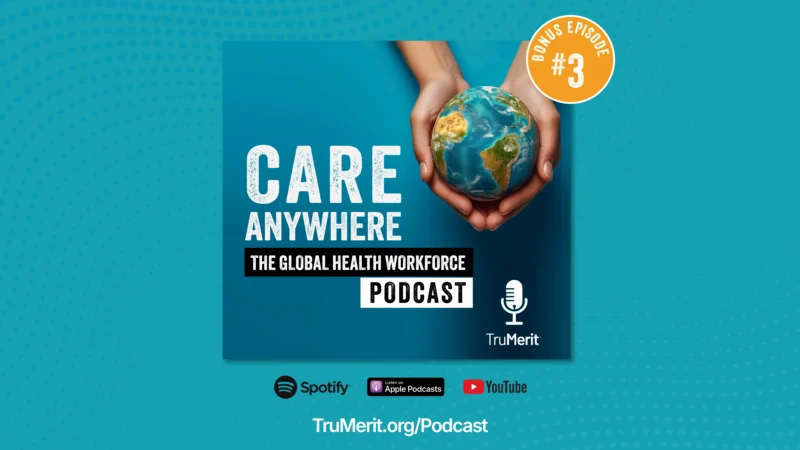Expanding the Market Size of Electronic Health Records
The electronic health record market size is estimated to expand to $30.84 billion by 2030 from its current market value of $23.74 billion in 2022. This news is excellent for a healthcare industry aiming for cohesion, accuracy, security, and cost savings in patient care.
The need for expansion in electronic health records is multi-fold. Advancing technology, increased patient population, healthcare system integrations, and a constant movement of clinicians, medical workers, and patients to different networks makes keeping track of patient information difficult. An expanding EHR market helps reduce these challenges.
And with a record turnover of healthcare full-time and part-time staff resulting from the pandemic, EHR expansion couldn’t come at a better time.
What’s driving this expansion of the electronic health record market size? Rapid technological advancements. Integration of artificial intelligence in EHR software and government investments in healthcare technology is fueling growth. Still, there are barriers to achieving an even wider adoption. Currently, servicing and maintaining health records is costly, and players in the EHR space will need to find new ways to reduce these costs to keep HER expansion on the rise.
Dr. Kevin Stevenson, the host of I Don’t Care, sees many upsides to expanding the EHR market.
Kevin’s Thoughts
“Hey everyone, it’s Kevin Stevenson, host of, I Don’t Care, with Dr. Kevin Stevenson on MarketScale. And a frustration that many of my friends and colleagues have had ever since I got into healthcare three decades ago, was why in the world that we continually have to provide the same healthcare information every time we go to a physician’s office or every time we go into an affiliated outpatient clinic.
And, I tell them, yeah, this is an issue that we have dealt with in health systems for a long, time. Some of the issues that we face operationally include disparate EMRs. We may have a physician who practices at our hospital, but who is not a part of our medical group or, something like that so we don’t have aligned EMRs. That’s one thing. The other thing is the tremendous turnover in staff in clinics and in hospitals. So oftentimes people may not have misplaced information. They may not know where to go for that information, so they feel just to have the redundancy of, would you mind filling this out again? So what we need to do a lot better is continue to push ourselves into the electronic medical record space, making sure that all of our providers within our network are aligned on the same EMR and find one that works for everyone. Once we do that and we ensure that a person’s personal health information is secure throughout that encounter, wherever they may go then I think we’ll be able to reduce that frustration for all patients.”









